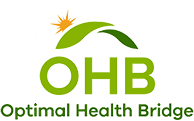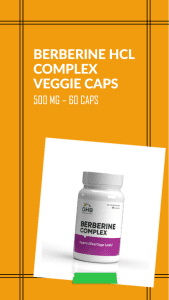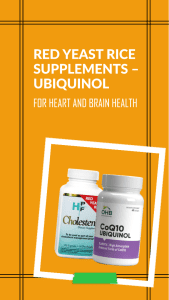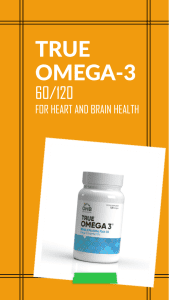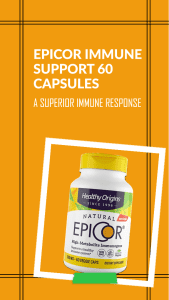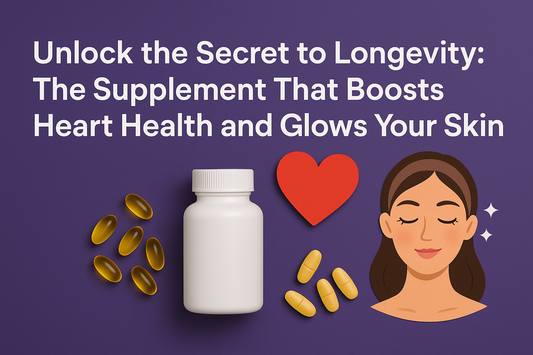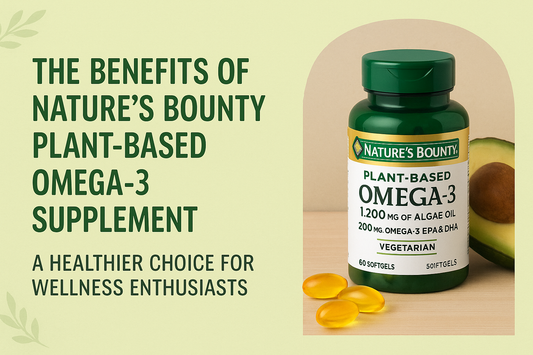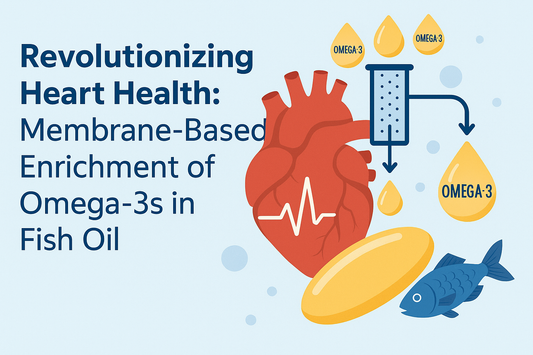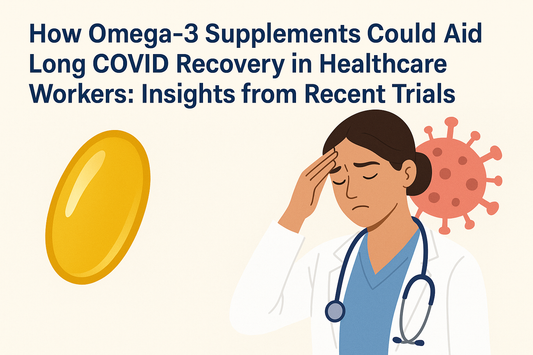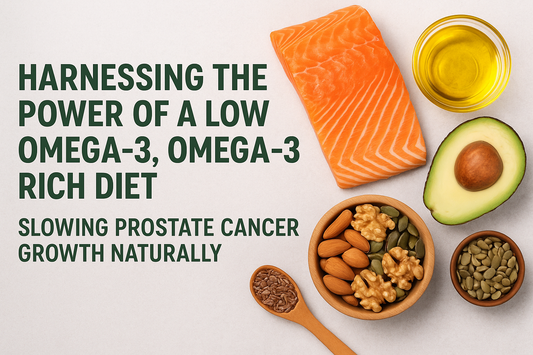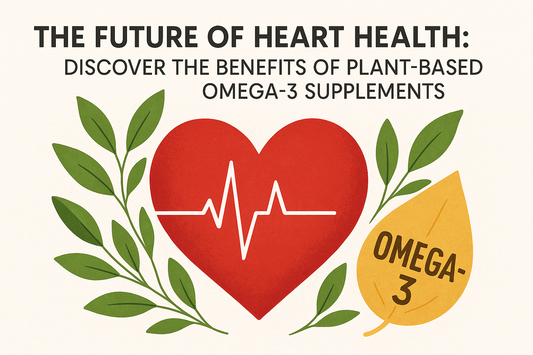
Share
Let’s talk about babies for a second. More specifically, let’s talk about omega-3s, pregnancy, and that one important question many expecting moms should ask: Are prenatal vitamins giving enough omega-3s to help prevent early births?
Here’s a spoiler: the answer might surprise you! Let’s go on a fun and easy-to-understand journey through the science, nutrition, and what you really need to know — the Optimal Health Bridge way. We love omega-3s, and we know you and your baby’s health matter a lot.
So grab a snack (maybe with flaxseeds?) and let’s dive in!
1. Understanding Omega-3 Fatty Acids
Before we head down the vitamin aisle, let’s talk about what omega-3s are and why moms-to-be need them so much.
Omega-3s are “essential” fats, which means your body can’t make them on its own. You can only get them through food or supplements. There are three main types of omega-3s:
- ALA (alpha-linolenic acid): Found in plant foods like flaxseeds and chia seeds.
- EPA (eicosapentaenoic acid): Found in oily fish like sardines.
- DHA (docosahexaenoic acid): Also found in fish and super important for a baby’s growing brain and eyes.
DHA is especially important during pregnancy. It’s like super fuel for your baby’s brain and helps keep the uterus calm and healthy for a full-term pregnancy.
Other benefits of omega-3s include:
- Helping the placenta get more blood to the baby
- Reducing swelling and inflammation
- Supporting a healthy mood in moms and possibly lowering the risk of postpartum depression
2. Omega-3s and Preterm Birth: What the Science Says
Preterm birth is when a baby is born before 37 weeks. It’s one of the biggest problems in pregnancy health. According to the World Health Organization, it’s the leading cause of death in kids under age 5.
But good news — omega-3s might help!
Several studies show that taking omega-3s during pregnancy (especially DHA and EPA) can lower the chances of:
- Preterm birth
- Very early preterm birth (before 34 weeks)
- Low birth weight
- Babies needing special care right after birth
A major review in 2018 looked at over 70 studies and found that women who took DHA had a 42% lower risk of early preterm birth. That’s a big deal!
More research highlights include:
- A JAMA study of over 5,500 women found that higher DHA levels led to fewer early births.
- Other trials show that 600–800 mg of DHA daily can lower early labor chances.
The science is pretty clear — omega-3s help pregnancies go full term. But now for the big question...
3. Top Omega-3 Foods for Moms
Food is always a great way to get nutrients. Here are ten omega-3-rich foods that can bump up DHA during pregnancy:
- Salmon (wild-caught if possible)
- Sardines (surprisingly tasty and very healthy!)
- Mackerel (choose low-mercury options)
- Herring (a favorite in many countries)
- Anchovies (tiny fish with a big benefit)
- Flaxseeds (good source of ALA for plant-based eaters)
- Chia seeds (great for smoothies or pudding)
- Walnuts (perfect brain-boosting snack)
- Seaweed and algae (plant-based DHA)
- Omega-3 fortified eggs (great for breakfast)
Note: While fish is great, mercury can be a problem. Pregnant women should avoid fish like swordfish and king mackerel. It’s also harder for vegetarians and vegans to get DHA from food alone.
That’s where supplements come in!
4. Prenatal Supplements: What's in Them?
Prenatal vitamins are made to support both mom and baby. They usually include:
- Folic acid (helps with baby’s brain and spine)
- Iron (helps prevent anemia)
- Calcium (for growing bones)
- Vitamin D (supports immune system and bones)
- Sometimes — DHA
But here’s the problem: not all prenatal vitamins include omega-3s. And even if they do, the amount might not be enough.
Why? Reasons include cost, pill size, shelf life, and the fact that many women just don’t know to check for omega-3s in their vitamins.
5. Do Prenatal Supplements Have Enough Omega-3s?
Let’s look at the numbers.
Most experts say pregnant women should get:
- At least 200–300 mg of DHA daily
- Some recommend up to 800 mg of DHA and EPA combined
Here’s how some popular brands compare:
| Brand | DHA (mg) | EPA (mg) | Total Omega-3 | Notes |
|---|---|---|---|---|
| Nature Made Prenatal + DHA | 200 | ~10 | 210 mg | Low EPA |
| New Chapter Perfect Prenatal | 0 | 0 | 0 mg | No omega-3 |
| Garden of Life MyKind Prenatal | 0 | 0 | 0 mg | Omega-3 sold separately |
| One A Day Prenatal Advanced | 200 | 20 | 220 mg | Minimum amount |
| SmartyPants Prenatal | 114 | 24 | 138 mg | Low total |
| Nordic Naturals Prenatal DHA | 480 | 205 | 685 mg | Very strong option |
| Ritual Essential Prenatal | 350 | ~50 | 400 mg | Vegan source |
| MegaFood Baby & Me 2 | 0 | 0 | 0 mg | Omega-3 sold separately |
| Rainbow Light Prenatal One | 0 | 0 | 0 mg | No omega-3 |
| Optimal Health Bridge Omega-3 Pro | 800+ | 400+ | 1200 mg+ | Meets expert guidelines |
So the short answer is: most prenatal vitamins don’t give enough omega-3s. You may be taking your daily vitamin, but if it doesn’t have enough DHA, your baby might be missing out.
